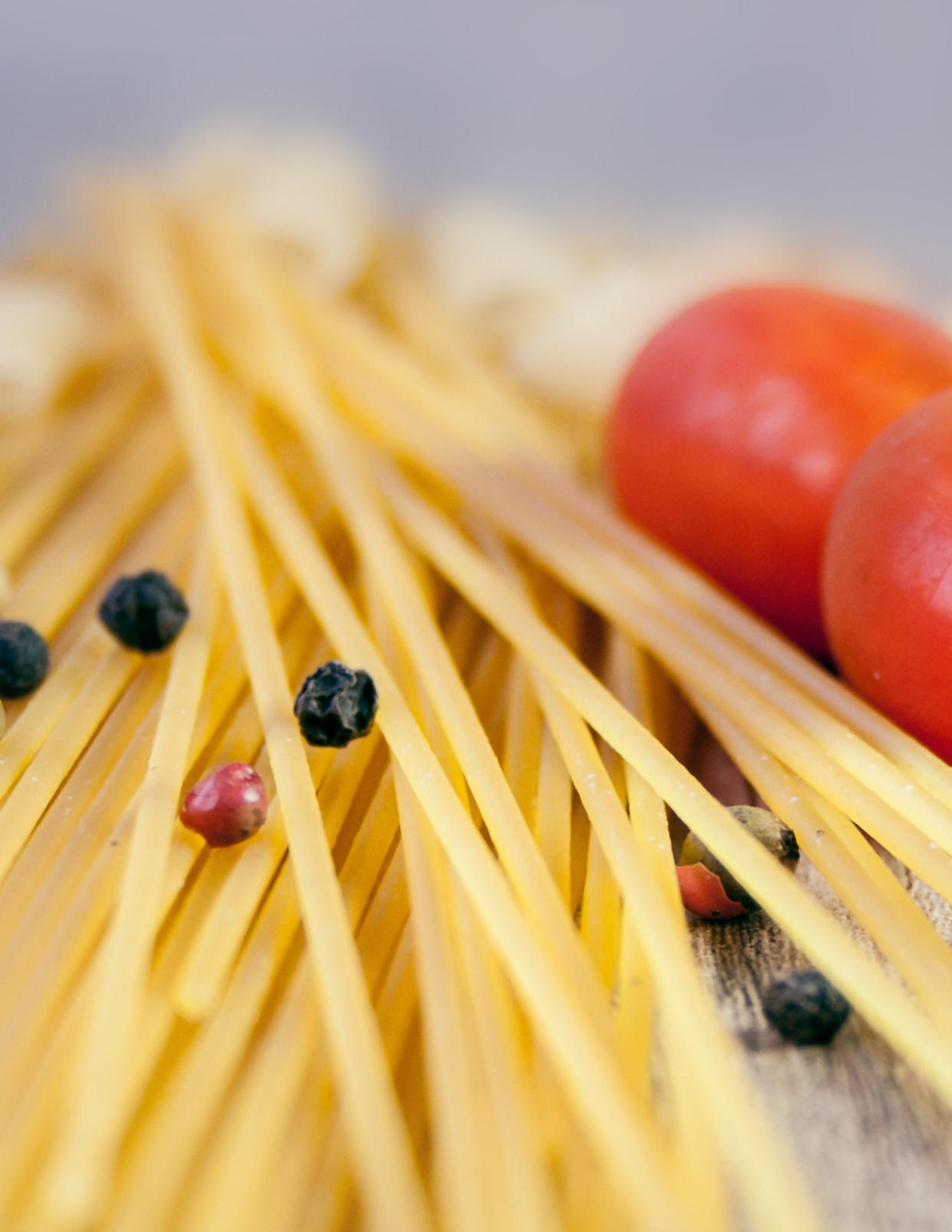How Your Self-Enforced Gluten-Free Diet Could Be Harming Your Health

[Photo: Pexels]
Gluten has had a bad rap in recent years. Celebs eschew it, Paleo-dieters ditch it in its many forms, and it’s been blamed for all sorts of health ills from bloating to acne.
But if you don’t have coeliac disease (an autoimmune condition diagnosed by blood test and endoscopy), could giving up gluten-containing foods actually be doing you more harm than good?
In short: yes.
Gluten is a protein found in a huge array of foods. As well as bread, pasta and other grains, it’s also used in unexpected products such as soy sauces and stock cubes.
In fact, it’s in so many modern foods, experts have warned that both coeliac disease and non-coeliac sensitivity has risen sharply due to over-exposure.
But blindly giving up all gluten-containing foods can have disastrous effects for your health. So it’s vital you only ditch it if you need to, and if you do - do it the right way.
Here are a few essentials to think about:
Fibre

[Photo: Getty]
Modern diets are woefully lacking in essential fibre which keeps our digestive system moving and clears toxins from our bodies, as well as keeping us feeling full and helping our bodies stay trim.
Most of the fibre we currently eat comes from gluten-containing foods such as bread and breakfast cereals. Cut these out and you’re likely to suffer from bloating, tummy ache and constipation.
Essential Nutrients
Gluten-containing foods, such as bread, are the backbone of most of our diets, so stopping them can mean you lose your main source of essential nutrients. Many people on low-carb diets find themselves deficient in the B vitamins, as well as iron, zinc and others. This can make you tired, irritable and affect your sleep, to name just a few related issues.
This is why it’s important not to cut out entire food groups without the help of an expert dietician or nutritionist.
Cost
Gluten-containing foods offer decent nutrition without a whopping price tag. Bread, fortified cereals, pasta - are all affordable ways to get your vitamins and minerals.
There are ways to eat healthily on a budget without them but it will take research and plenty of flexibility, so you’ll need to keep on top of it to prevent deficiencies.
If you’re scrimping on your groceries to afford gluten-free bread, you could be causing yourself far more harm than gluten ever would.
Gluten-Free Replacement Foods (Aren’t That Healthy)

[Photo: REX]
The gluten protein in foods is often replaced with unhealthy substitutes. So free-from foods can be far worse for you than their gluten-containing counterparts.
They can lack texture and be a little unsatisfying, so manufacturers add plenty of sugar and salt to make up for it - which isn’t good news for our health.
Upping Other Types Of Food
High protein diets often mean increasing your intake of red and processed meats, and dairy - which have all been linked to cancer. Plus, combined with a lack of fibre, constipation can be a real problem.
The Bottom Line
If you haven’t experienced symptoms after eating gluten-containing foods - for example bloating, pain, diarrhoea, dizziness, sickness - then don’t give them up in a quest to be ‘healthy’.
If you have symptoms, your first stop is your GP, who can get you tested for coeliac disease (though don’t stop eating these foods until after you’ve been tested as a gluten-free diet can affect the results).
If you test negative to coeliac disease, it doesn’t mean you don’t have a sensitivity. You’re not imagining it! If you are having symptoms, it’s worth trying an exclusion diet to see if they improve - but do so under professional supervision or you risk doing yourself more harm than good in the long run.


